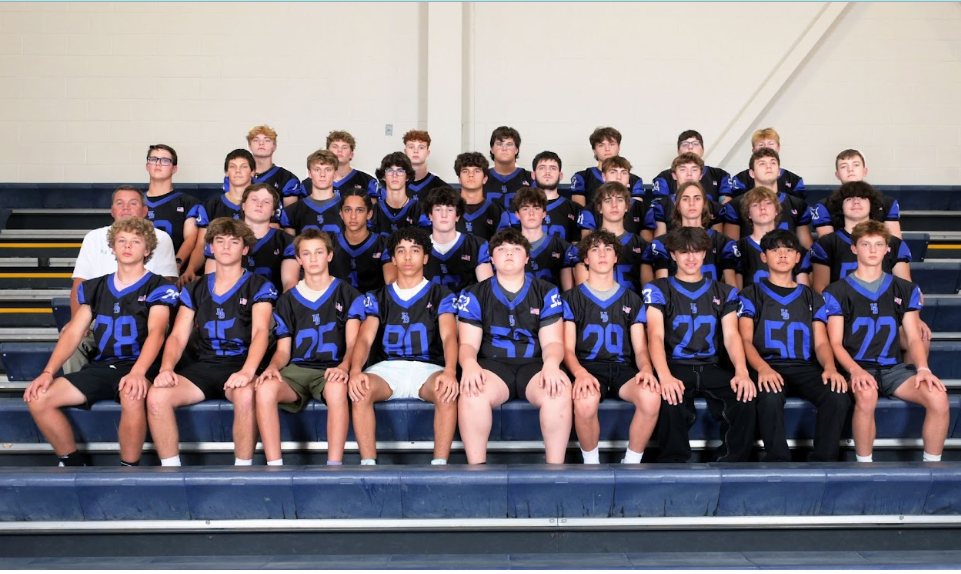Football is more than just a game; it tests endurance, commitment, and teamwork. This year, players Taggart Patton ‘25, Ryan Sutton ‘26 and Winston Feeney ‘26 reflected on the season’s ups and downs, highlighting the sport’s rewards and challenges.
For Patton, football has been enjoyable. “It’s been fun,” he stated. While talking to him, he emphasized his enjoyment of competition; even though they lost, he had fun fighting.
On the other hand, Sutton said sarcastically that he “enjoyed it.” He talked about how tough it was to keep fighting when the team gave up.
In contrast, Feeney expressed his frustration with the season, simply stating, “no” when asked if he enjoyed it.
All three interviewees identified significant issues within the team. Patton pointed out the impact of uncommitted players letting others down, which heavily affects the team’s performance. Sutton noted that leadership and coaching were also problems, explaining that strong leadership is crucial for maintaining morale and motivation. Feeney criticized the coaches for not prioritizing player welfare, citing a “lack of breaks for players” as a significant issue that added to the team’s stress. Their comments painted a picture of a team struggling to overcome personal and collective challenges.
The players had mixed feelings about recommending football to others. Patton was optimistic, calling it “a good sport to get in and stay in shape.” He feels the physical and personal benefits outweigh any negatives. Sutton agreed. Both view football as an opportunity for growth and connection.
On the other hand, Feeney disagreed. “There was a lack of breaks for players [and] some poor caching points,” he said. His negative experiences overshadowed any potential benefits.
These reflections show that playing football can be a complex experience. For some, it’s a source of joy, fitness, and teamwork; for others, it’s frustrating due to poor leadership and physical strain. The experiences of these players illustrate how much the environment created by coaches and teammates can shape the football experience.
As a player for four years, I have mostly enjoyed the team. I met many people I see as friends, but as far as the game itself, it’s hard being on a losing team all four years of high school. Our team has won three out of the thirty-two games I have played or been at, which is not a nice feeling. It cannot be blamed for a single reason: the number of players is low, the effort is low, the playbook is simple and predictable, and our team is young compared to competitors.
Despite this, I still recommend that people play the sport. It is excellent for discipline and learning to play nice with others; sometimes, it can be fun.
Football teaches essential lessons in discipline and teamwork, but it also presents challenges. For real success, supportive leadership and concern for player well-being must be supported. Anyone considering football should weigh the potential benefits against the game’s demands. As this season ended, Patton, Sutton and Feeney reminded us that football is more than a game—it reflects the people and efforts behind it.









